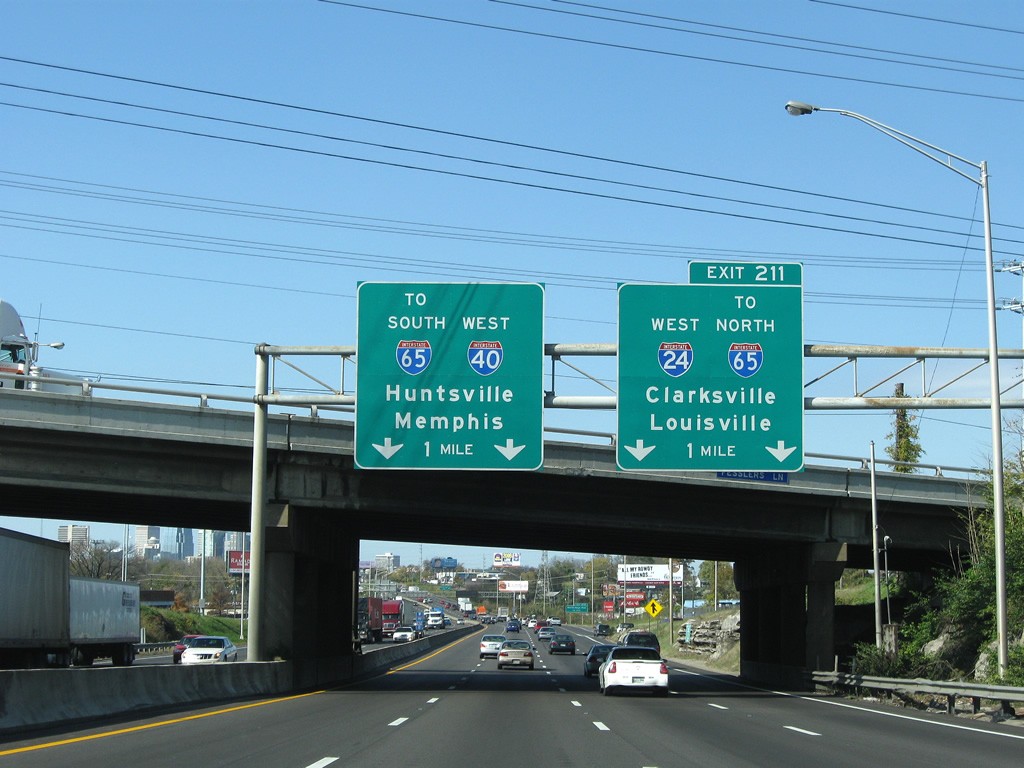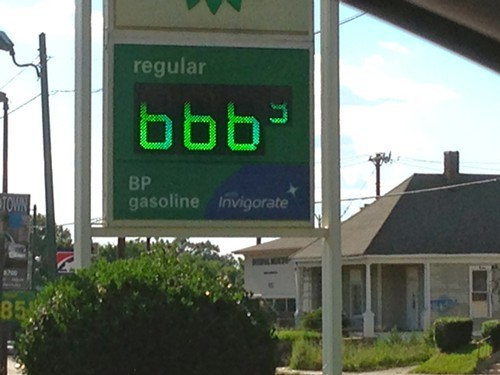It’s the economy.
The grimmest economic picture in at least 30 years underlies school funding, property taxes, suburban flight, Grizzlies attendance, aerotropolis, stable neighborhoods, and the tenuous position of Memphis as a major-league city.
Mayor Herenton blasted the media for mistreating him and Joseph Lee, but the media should be blasted for obsessing over Herenton and the NBA draft while tip-toeing around a bigger story.
The stats of O. J. Mayo and Kevin Love and Mike Miller, the odds of the Grizzlies getting the first or second pick, the relative merits of the fifth pick and the 28th pick — we were bombarded with this stuff for three weeks on television and in the daily paper, culminating in Thursday’s NBA draft.
Does anyone honestly think 14,000 people are regularly going to show up 41 times this season to watch the Grizzlies? When Peabody Place is getting out of retail and entertainment? When the Redbirds are struggling to sell $7 tickets? When uncompleted Memphis subdivisions are selling for pennies on the dollar? When the very survival of Ford, General Motors, Morgan Keegan, and First Horizon as we have known them is in question? And we’re talking about the injustice of Chris Douglas Roberts going in the second round and not getting a guaranteed contract?
Here are the stats that matter. Oil $140 a barrel. Gasoline, $4 a gallon. FedEx stock $78, down from $119 a year ago. First Horizon $7.50, down from $39. Regions Financial $11, down from $35. Suntrust Banks $37, down from $90. International Paper $23, down from $41. Northwest Airlines $6, down from $24. Pinnacle Airlines $3, down from $20.
General Motors, once the symbol of American industrial might, is $11, down from $43. Its stock market value is $6.5 billion. Some American businessmen are worth more than that.
Those companies have a big Memphis and Tennessee presence, and thousands of their employees have lost their savings and some of them will lose their jobs and we’re supposed to worry about a basketball team?
Reporters and sports executives act like the sports world and the business world are in separate universes. In the 1970s, an NBA player was doing well to make $200,000. The NBA salary structure that pays Pau Gasol $14 million and Brian Cardinal $7 million for a season is as unsustainable as the $40,000 SUV or the third shift at Ford and GM or the $120 round-trip ticket on Northwest. Business cuts jobs and wages and closes plants or cuts services. The NBA and the Grizzlies tweak their marketing campaigns.
Watch the bottom fall out of the sports and entertainment market in 2009. Last season, a Grizzlies crowd of 11,000 was alarming. This season, 11,000 could be encouraging. Watch a couple of the Tunica casinos closely. Watch expensive restaurants close. Watch for some private schools to close. Watch for more malls to close. Watch for a surge in free, neighborhood-based entertainment like the upcoming concert series this fall at the renovated Overton Park Shell. The easiest way to save money is to cut out $40 tickets, unnecessary driving, and $7 drinks.
And watch for city and county government to make hundreds as opposed to scores of layoffs in 2009, when state and federal funds dry up and homeowners get their new property reappraisals that reflect the decline of 25 percent or more in the value of their homes. And if they don’t get a reduction, watch for a stampede to the assessor’s office and the board of adjustment by homeowners and businesses making appeals.
In all the commotion and outrage over Joseph Lee, it seems something is being overlooked. The former president of MLGW could have spared himself a lot of grief by having a conversation with former City Councilman Edmund Ford that went something like this:
“Councilman, you’re behind on your electric bill. You’ve been behind for a while. You’re putting me, the board, and this company in a bad spot. I needed council approval to get this job. I needed your support as chairman, especially. I appreciate that, but you’re testing my patience.
“Here’s the deal. If this bill isn’t paid within a week, I’m going to have a press conference. I’m going to bring your utility bills, and I’m going to explain exactly what I am doing and why I am doing it so there won’t be any misunderstanding or, heaven forbid, charges of wrongdoing.
“This looks fishy. Anyone can see that. So I’m not just going to cover my butt, I’m going to do it before somebody else tries to get me in a jam.
“The choice is yours. Pay up, or I go public. If it makes you look like a deadbeat, that’s your problem. You can join me at the press conference if you want to go that route, but we’re not going to hide anything. See you.”
Federal prosecutors in Memphis did what they had to do in dismissing their case against Lee and Ford. Prosecutors are not supposed to bring a case unless they think they can win it at trial. After Ford was acquitted by a jury — even though the jury watched videotapes of Ford taking payments from Joe Cooper — it was extremely unlikely that a jury would convict Ford and Lee. That doesn’t mean they didn’t think they had a case.
Interesting item in The Wall Street Journal this week. FedEx was named as one of three companies that are “baring their claws” during tough times and aggressively going after greater market share at the expense of their weaker competitors. In other words, the strong shall survive. Maybe in five years we’ll see 2008 as a pivotal year for FedEx, in a good way.
There’s reason for long-term optimism about the Northwest-Delta merger and Memphis International Airport as well. Delta CEO Richard Anderson seemed genuine when speaking about keeping the Memphis hub, albeit in a reduced capacity. He restated his optimism about the merger in national newspapers last week. And, for what it’s worth, he carried his own luggage to his car after speaking at a Memphis Chamber of Commerce event a couple weeks ago.




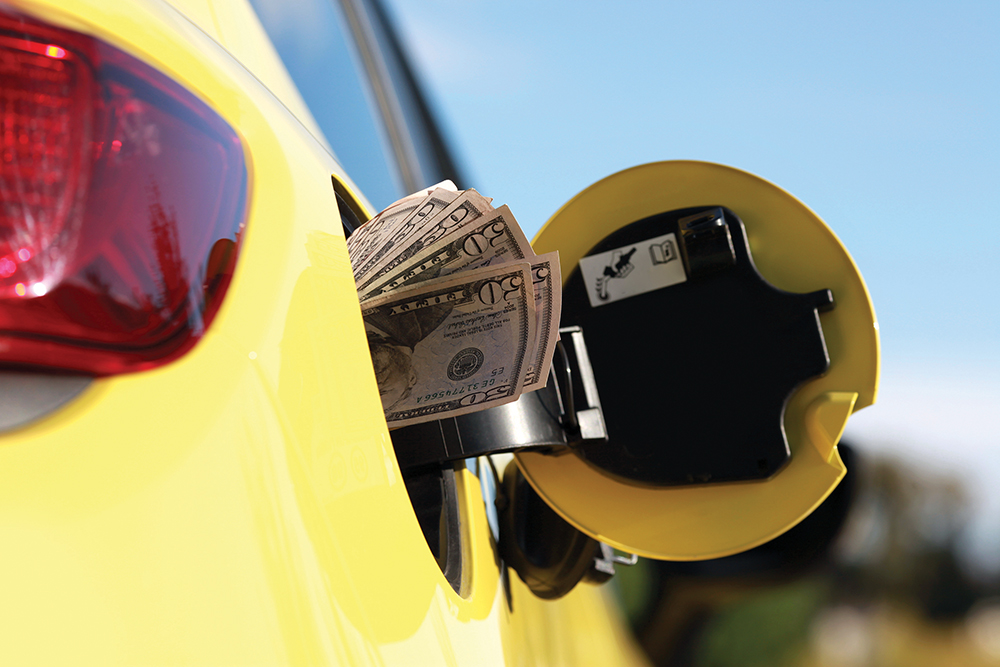
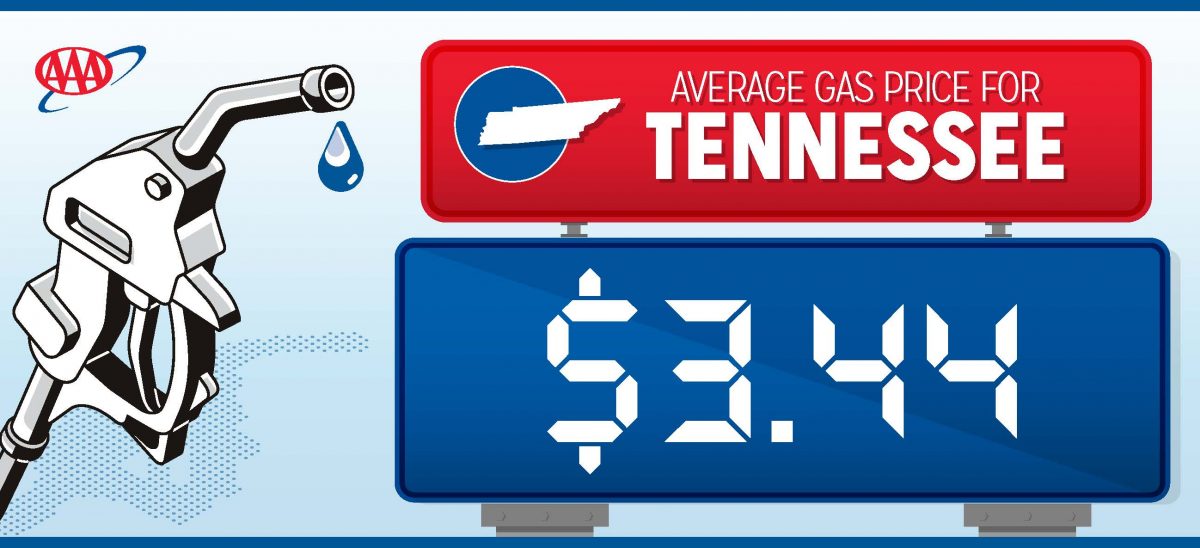

 TDOT
TDOT  AAA
AAA 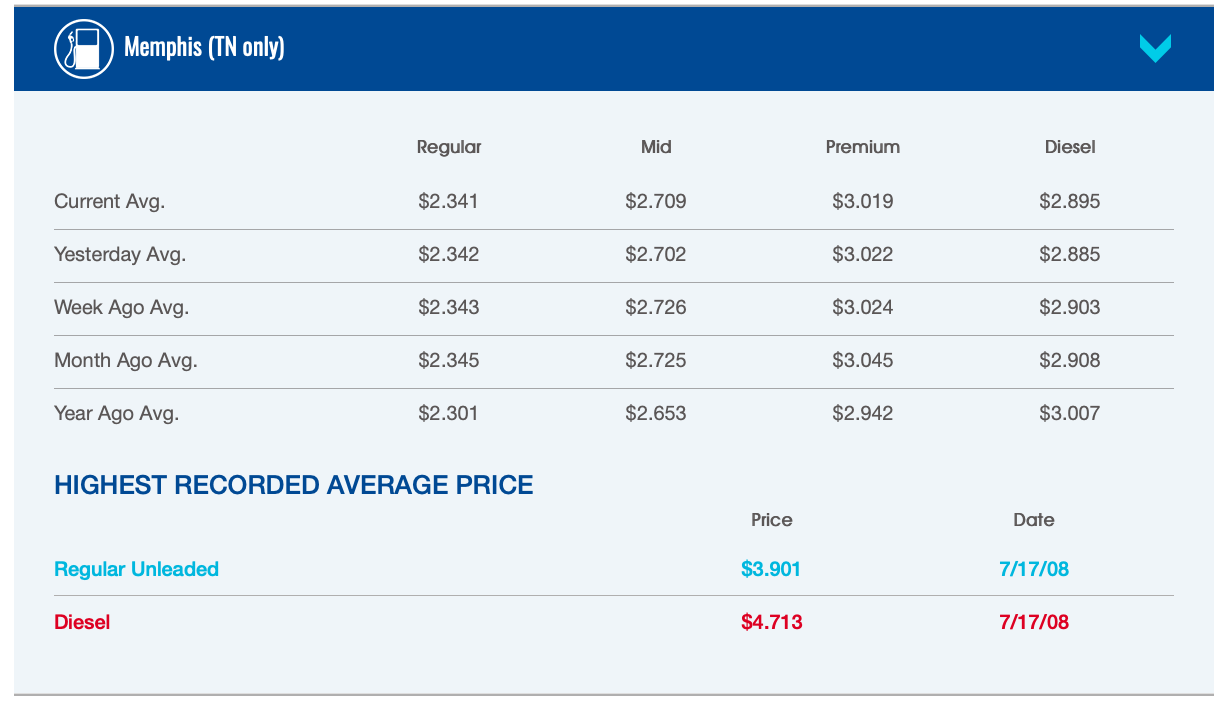 AAA
AAA 
